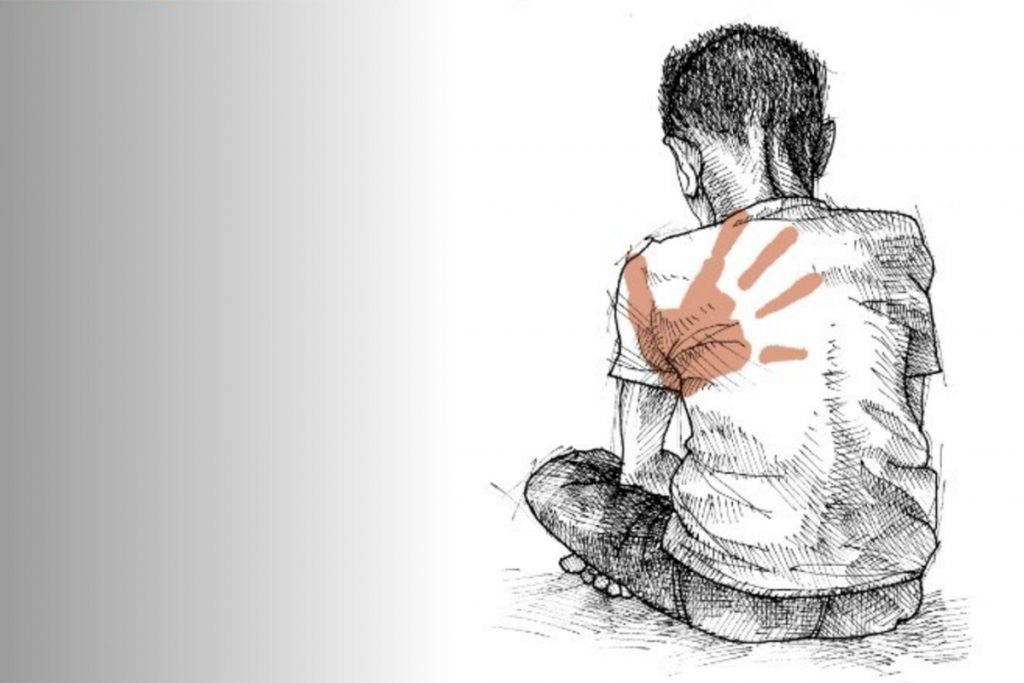
An alliance of groups pressing for children’s rights legislation in the Philippines called for the immediate passage in Congress of the “Increasing the Age of Statutory Rape” Bill, more popularly known as the End Child Rape Bill.
In a statement on Tuesday, the Child Rights Network (CRN) noted that the country’s Senate has yet to commence the plenary proceedings for the proposed legislation.
The House of Representatives has already passed on third and final reading its version of the bill in December 2020.
“A few months from now, the election season will undoubtedly change the course of the Senate’s calendar of activities, said Romeo Dongeto, CRN convenor.
“We are appealing on our senators to take the time and deliberate on bills providing special protection against statutory rape and other sexual abuse and exploitation,” he said.
Statutory rape is a crime that involves sexual contact with a person below the age of sexual consent.
Under Article 266-A of the country’s Revised Penal Code and as maintained by the Anti-Rape Law of 1997, the crime of statutory rape only covers children below 12 years old. This provision hasn’t been changed for over 90 years.
In its statement, CRN noted that the misuse of the provision in the Revised Penal Code enables rapists of children to simply get away with their crime and possibly even repeating such heinous acts to other children.
“If we amend the law, it would be easier for child rape victims to access justice,” Dongeto said. For the crime of statutory rape, only two things need to be proved in court: the child’s age and that the sexual act happened.
Dongeto said rapists have been using the loophole in the country’s laws to claim sex with children as young as 12 years old is consensual.
“One of the dire consequences of maintaining an incredibly low age to determine statutory rape is the reality that child rape victims get “retraumatized” as they still have to prove in court that they were, indeed, raped,” he said.
Dongeto said pursuing a criminal case against a rapist, especially by a child that has been groomed, can be emotionally and psychologically damaging to a child rape victim.
“Every single day that the passage of this landmark law is delayed is another day of leaving Filipino children vulnerable to sexual abuse and exploitation,” said Dongeto.
“We trust that the Senate will find time to finally pass this landmark legislation and make a mark in history by leaving behind a potent law that holistically widens the protection offered to our children,” he said.
Source: Licas Philippines
0 Comments